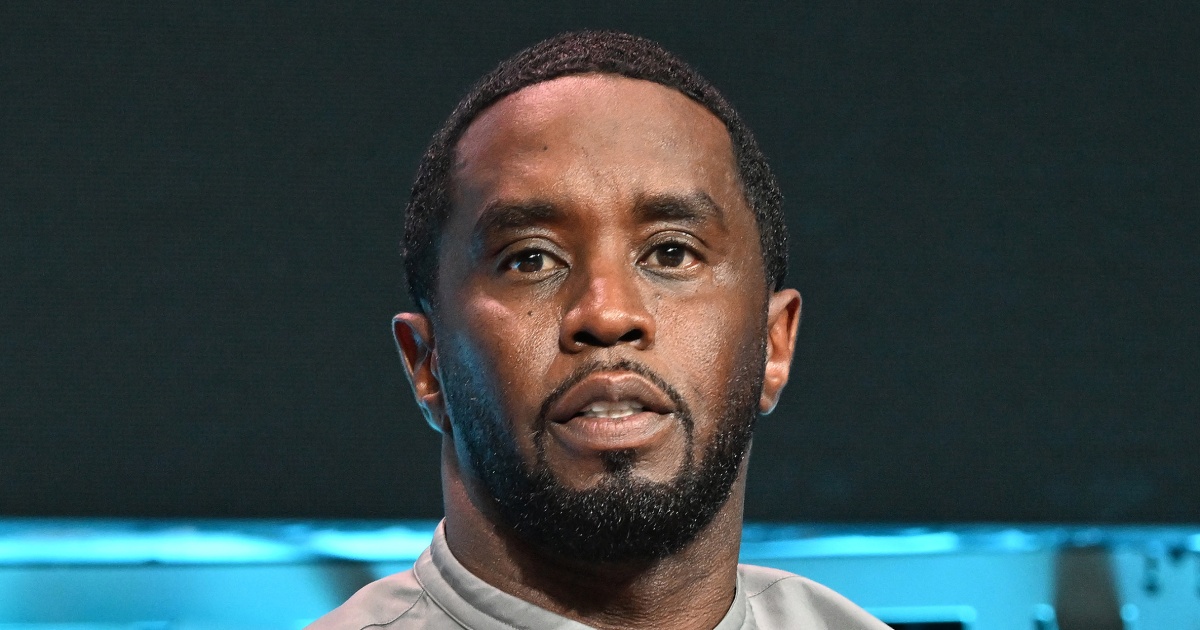The 1807 law, which allows the military to conduct civilian law enforcement activities under certain circumstances, hasn’t been used since the 1992 Los Angeles riots.
Source link
Oct. 6, 2025, 7:40 PM EDTBy Zoë RichardsPresident Donald Trump said Monday that he would consider invoking the Insurrection Act “if it was necessary,” particularly if the courts or state and local officials delay his plans to deploy the National Guard.”I’d do it if it was necessary. So far it hasn’t been necessary. But we have an Insurrection Act for a reason,” Trump told reporters in the Oval Office when he was asked under what conditions he would consider the rarely used 19th century law.”If I had to enact it, I’d do that. If people were being killed and courts were holding us up or governors or mayors were holding us up, sure, I’d do that. I mean, I want to make sure that people aren’t killed. We have to make sure that our cities are safe,” he added.The Insurrection Act of 1807 allows the president to mobilize the U.S. military to conduct civilian law enforcement activities under certain circumstances. It was last used during the 1992 Los Angeles riots.Trump was speaking about his efforts to federalize troops and crack down on crime in Democratic-run cities.A federal judge in Oregon on Sunday blocked the Trump administration from deploying federalized National Guard members from California or other states to Portland’s streets.U.S. District Judge Karin Immergut, a Trump appointee, had also blocked the administration from deploying Oregon National Guard troops in Portland.”Portland’s been on fire for years, and not so much saving it,” Trump told reporters Monday. “We have to save something else, because I think that’s all insurrection. I really think that’s really criminal insurrection.”Oregon AG: Trump shouldn’t deploy troops to cities unless under ‘extreme circumstances’02:44Trump and his allies similarly referred to protesters opposing Immigration and Customs Enforcement raids in Los Angeles as “insurrectionists,” and Trump offered a similar answer in June when he was asked about any plans to invoke the Insurrection Act. “Depends on whether or not there’s an insurrection,” he said at the time, without ruling out the possibility of using it in the future.A key Trump ally argued earlier Monday that such action is needed now.In a text message to NBC News before Trump’s Oval Office remarks, former White House strategist Steve Bannon said Trump “needs to invoke the Insurrection Act of 1807 immediately and deploy active duty U.S. Army personnel and assets to Portland and Chicago — he needs to put Pritzker and Newsom in their place.”California Gov. Gavin Newsom and Illinois Gov. JB Pritzker, both Democrats, have opposed Trump’s National Guard efforts in their states.At a news conference earlier Monday, Pritzker suggested that Trump is trying to sow unrest so he can invoke the Insurrection Act.”The Trump administration is following a playbook cause chaos, create fear and confusion, make it seem like peaceful protesters are a mob by firing gas pellets and tear gas canisters at them,” Pritzker said. “Why? To create the pretext for invoking the Insurrection Act so that he can send military troops to our city.”Illinois sued Monday to block the Trump administration from deploying federalized National Guard troops to Chicago. A judge declined to immediately block the administration’s move and instead scheduled a hearing for Thursday.White House spokeswoman Abigail Jackson said in a statement that Pritzker had failed to address violence in his state.“Amidst ongoing violent riots and lawlessness, that local leaders like Pritzker have refused to step in to quell, President Trump has exercised his lawful authority to protect federal officers and assets,” Jackson said. “President Trump will not turn a blind eye to the lawlessness plaguing American cities.”During his first term, despite nudging from allies, Trump ultimately did not invoke the Insurrection Act, which the White House said was a possibility in response to demonstrations stemming from the death of George Floyd in Minneapolis in May 2020.Zoë RichardsZoë Richards is a politics reporter for NBC News.Katherine Doyle and Dareh Gregorian contributed.




